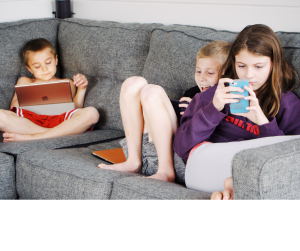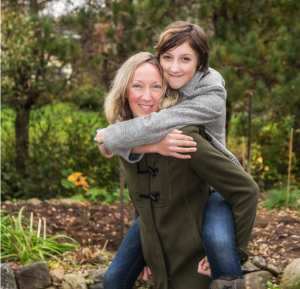
- Is your child tentative about trying new things, meeting new people?
- Are your kids newly reluctant to go to school?
- Are sleepovers no longer appealing?
Months of lockdown and social distancing have wrecked our children’s social confidence. No longer keen to try out for the school team, join a pottery class, trial drama club, have a kick about on the green, or join a new club, our children have become socially reticent. And no wonder. For months they weren’t allowed to see their family or friends. Then when they were, there were strict instructions not to go too close. Not to touch. People’s faces are masked, they stay at a distance, we might infect each other.
We hear from children that they’re frightened that they might kill their parents or grandparents by bringing the virus home. They tell us that they hated online learning, have fallen behind and now school is stressful. Solid friendships have faltered. After school activities aren’t fun anymore. They’ve fallen out of the old routines. Things don’t feel at all ‘back to normal’.
Many children tell us that old friendships have faded, and new friendships are harder to get going. We adults have been able to draw on the experience of seeing an old friend after some time and finding we are able to pick up where we left off. Our youngsters don’t have this foundation to rely on.
When you watch children at play together, listen to their conversation, so much of it is checking out and building the friendship. The underlying messages they’re sending each other are: we’re the same, we like the same things, we agree, I like you, do you like me, we like each other. They’ve missed these interactions. When you’re young, two years is a huge chunk of your little life; our children have missed valuable development stages which they now need to catch up on. Many have lost the habit of meeting and making friends. They’ve become socially reticent.
- Children who were outgoing have become shy.
- Children who were adventurous are now anxious.
- Children who were active are frustrated.
- Children who were content are obsessing.
And it’s okay. It’s a normal response to stress. And we’ve all been stressed. We miss much of what made life feel certain and familiar. We’ve had to cope and do our best in challenging times. Parents, teachers, and children. In times of stress, we automatically respond the same way our ancestors did – our bodies ready themselves to fight off the threat, or run from it, or freeze. And that’s what we observe in our children’s behaviour. We’re seeing more aggression and anxiety and obsessive behaviour. These are all stress responses, normal, natural, and instinctive. Many children have regressed too, going back to old ways of coping that worked for them when they were little. That’s natural too.
Our job, as the adults in their lives, is to make the world seem safer again. To help them realise that things that have become scary, can be okay, fun even.
Tips for parents and carers
- Start small – find an appealing activity with someone they already know
- Little steps – go somewhere with only one or two new people
- Practise, practise, practise, to develop social ease – like strengthening a muscle, you need to use it, repeatedly, for it to grow.
- Layer it with periods of calm – do things in between that are relaxing and fun and not at all challenging
- Don’t push. When someone is anxious gentle nudges are good, but shoves just cause a child to dig their heels in.
- Notice the progress – rather than focusing on what advances are still needed, mark the positive steps that have been achieved already.
- Give it time – there is no need to hurry; enjoy the journey as you help your child to gradually find more social ease.
- Try Girls’ Net which provides guidance and camaraderie through times of challenge to small groups of same-age girls (aged 8-18) in weekly online sessions over 6 weeks. Our mentors offer tools for coping well and the girls access their inner resources while also realising that they’re not alone.
- Try Girls Journeying Together which offer a year of in-person monthly support to groups of preteen girls as they practise being true to themselves, learn about puberty, share their hopes and fears, and help each other into their teens.
What have you found helps?
Let’s support each other by sharing our stories in comments below…
Girls Journeying Together Facilitator training – 9 months in person
Girls’ Net Mentor training – 3 months online



No comment yet, add your voice below!